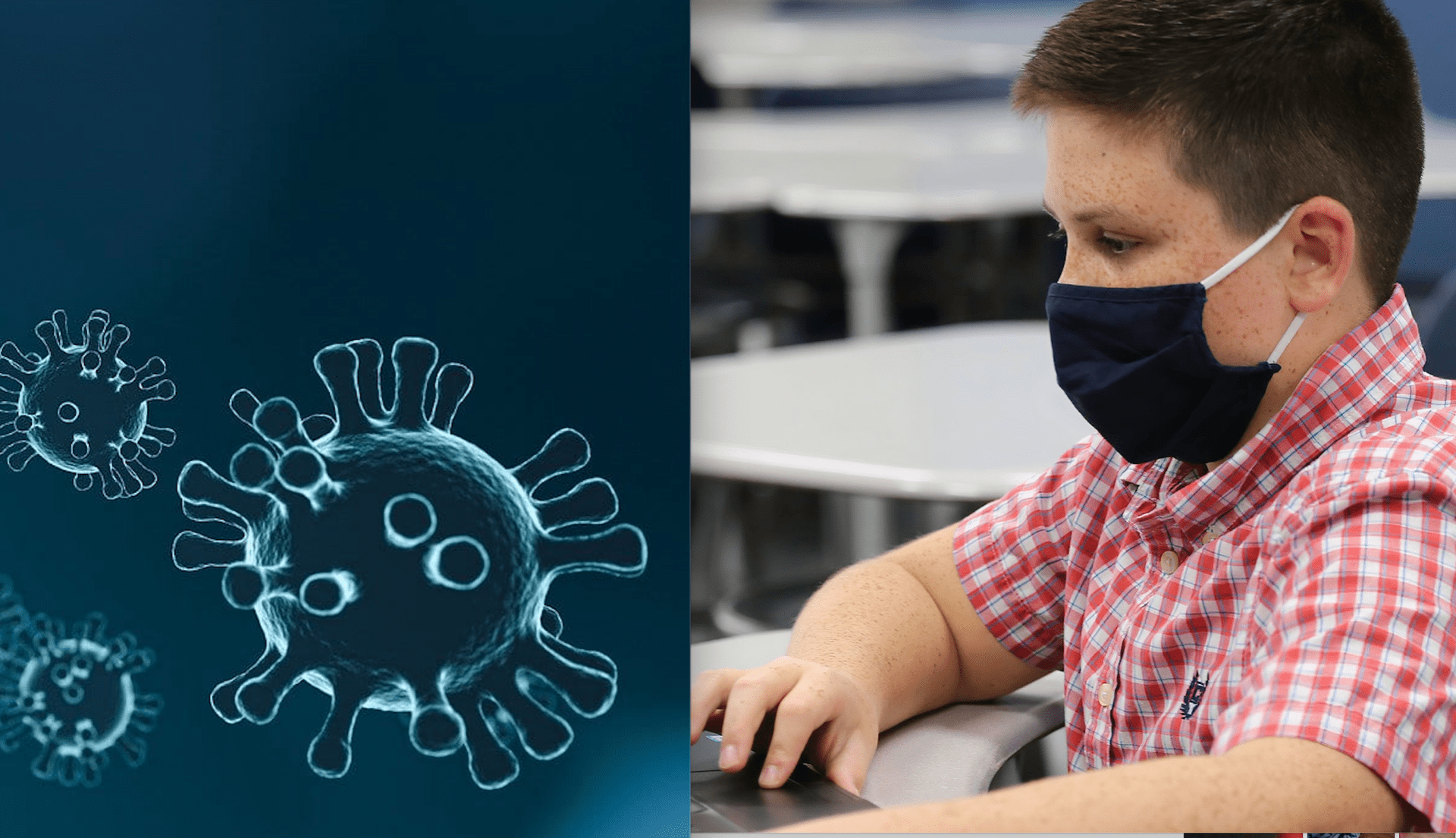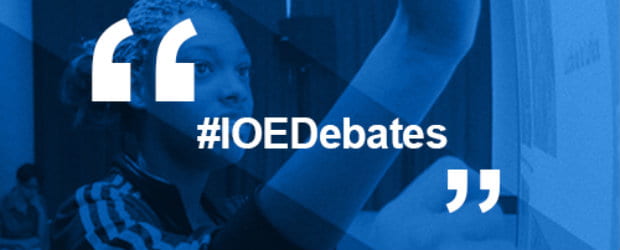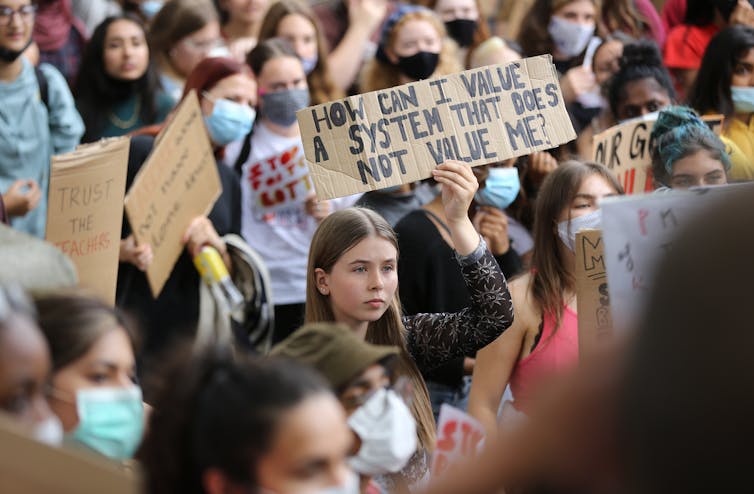How should we assess school students now that exams have been cancelled?
By Blog Editor, IOE Digital, on 8 January 2021
Jake Anders, Lindsey Macmillan, Gill Wyness, Centre for Education Policy and Equalising Opportunities
This article was originally published by Economics Observatory
To avoid a repeat of last summer’s exam chaos, the government must decide quickly on alternative assessment measures. There is a strong case for A-level students to receive in-class testing – with flexible timing and content – to take account of differences in their learning experiences.
While the uncertainties of a global pandemic make this one of the most volatile periods of education policy in history, if there is one lesson we should all have learned since last March, it is that indecision is costly. This has proved true repeatedly for public health and looks just as relevant for education.
As we saw with last summer’s exam fiasco, the failure to act decisively led to there being little alternative but to (more…)
 Close
Close











